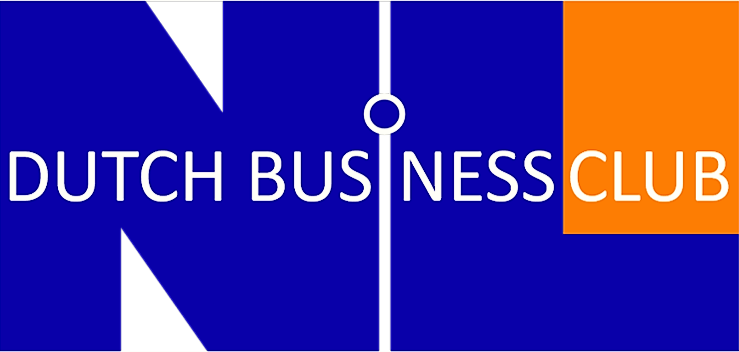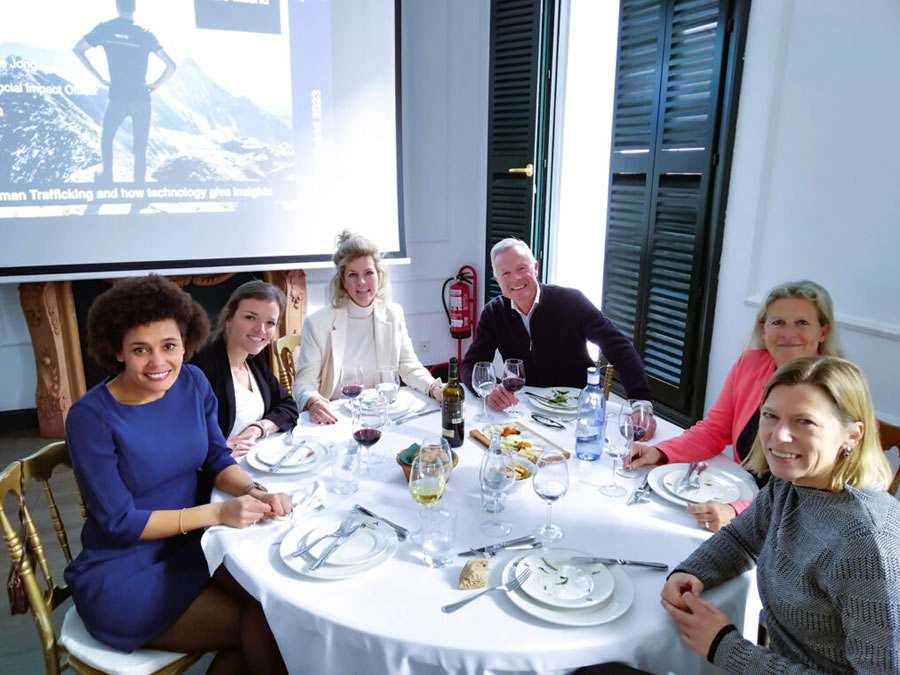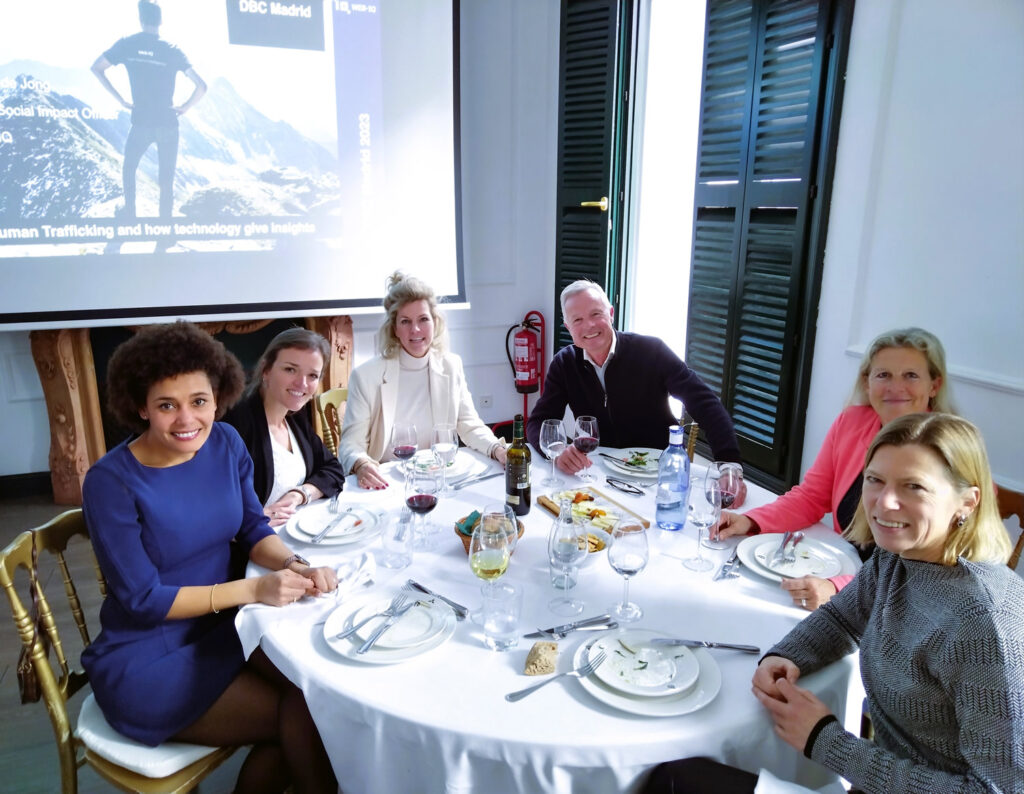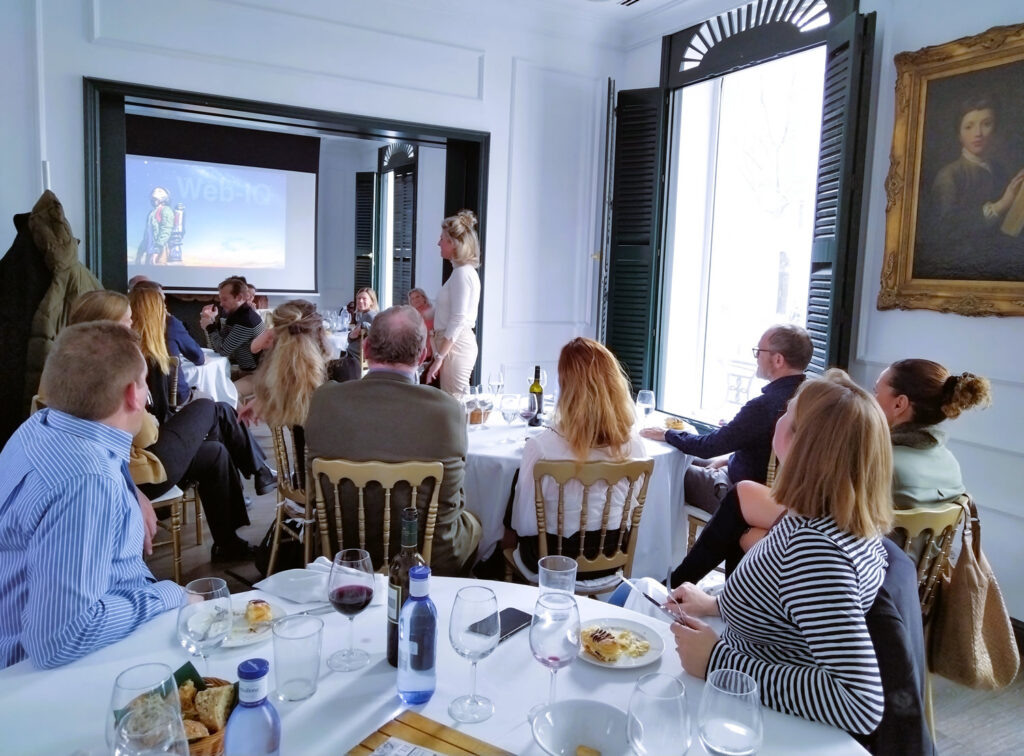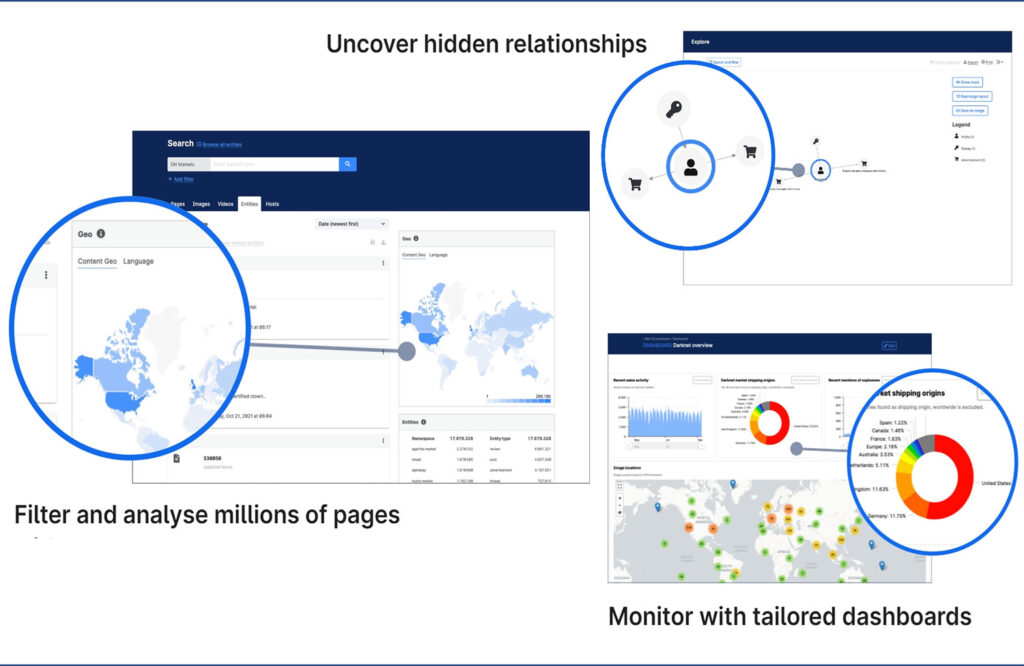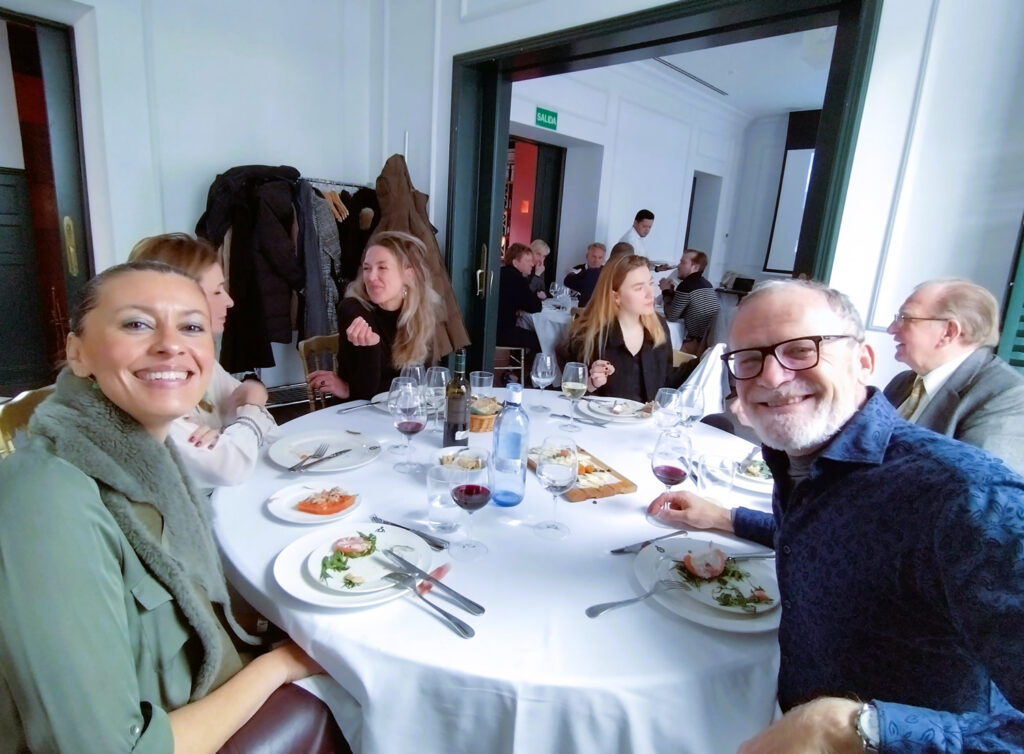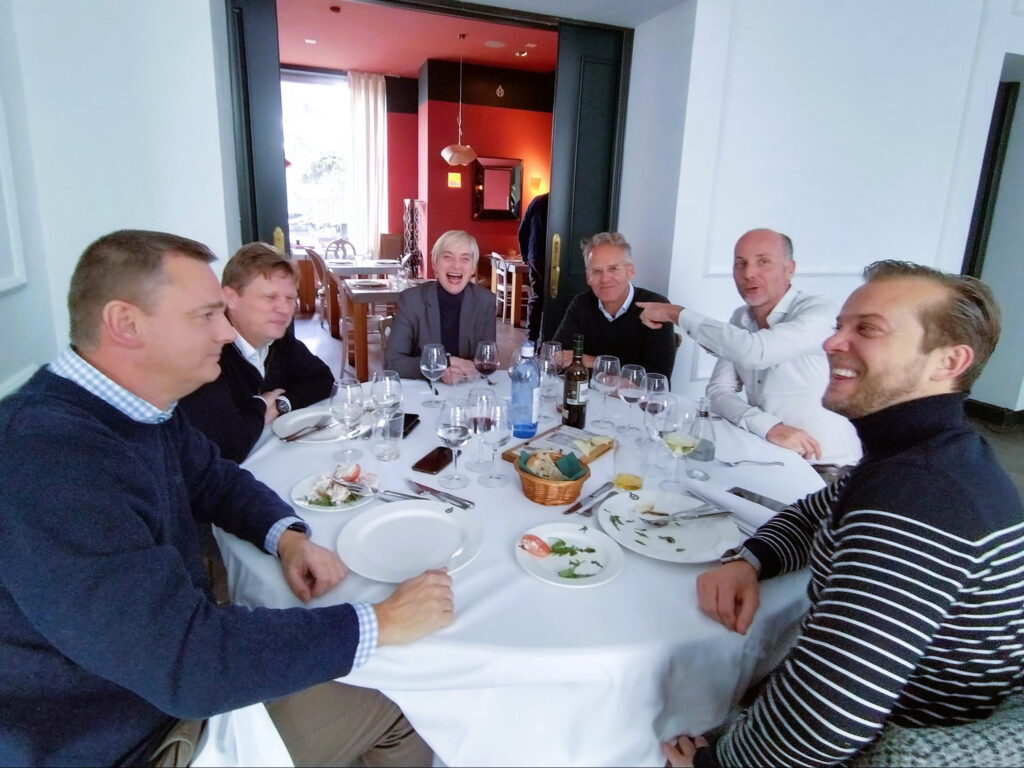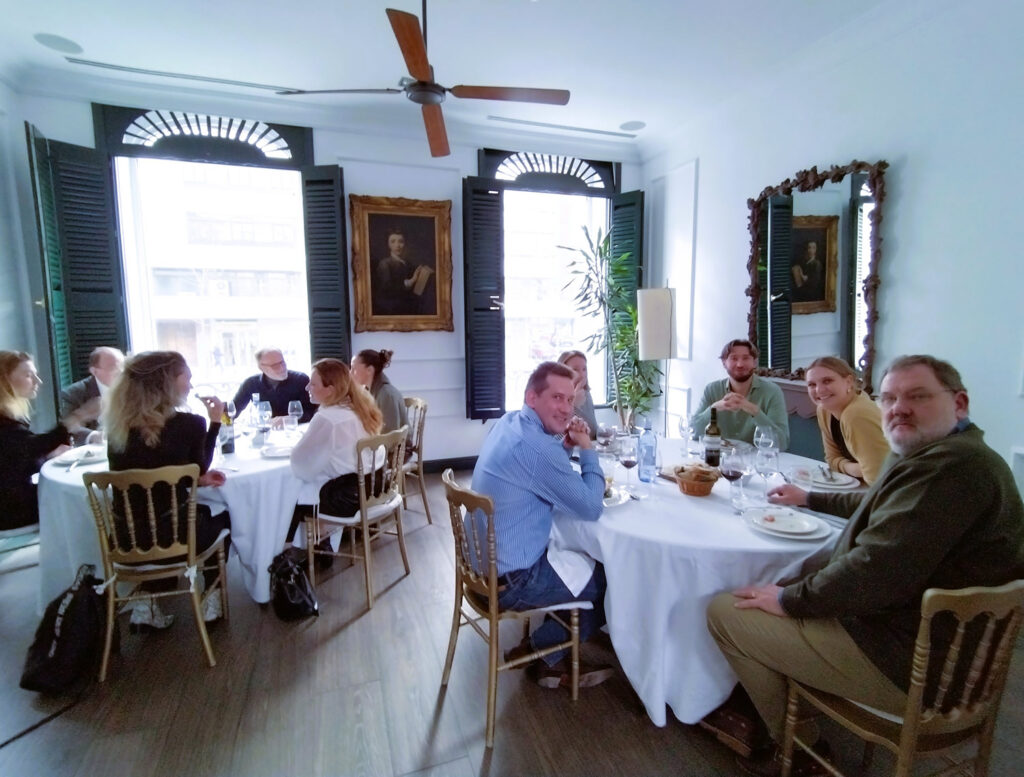Even though slavery was officially abolished and banned worldwide many years ago, according to the International Labour Organization, Walk Free Foundation and the International Organization for Migration, there are more enslaved people than ever. Since the abolition, enslavement has more than doubled to an astonishing estimated 50 million people.
There are many ways modern slavery takes shape. (Child) sex trafficking, domestic servitude, forced (child) labour, unlawful recruitment, and use of child soldiers. And perhaps most shockingly, many people, including babies and children, are trafficked so that their organs can be sold.
Most victims of modern slavery are detained after taking on loans they cannot repay. Surprisingly nowadays slaves cost just little more than 150 years ago, averaging 140 $, compared to 134 $ per person back then. Debt slaves cost an average of 60 $; trafficked sex slaves cost 1910 $.
At our February lunch we invited Saskia de Jong, Chief Social Impact Officer at Web-IQ, a Dutch company that provides leading OSINT solutions to combat child abuse, human trafficking, and fraud.
Saskia explained how from open sources (covert and publicly available sources) data is collected and analysed and how this data can be used to produce actionable and structured data. Web-IQ solutions are primarily used in national security, law enforcement, and business intelligence functions, with the obtained data being of great value to analysts in answering classified, unclassified, or proprietary intelligence requirements across the different disciplines.
I herewith would like to thank Saskia for her interesting presentation and congratulate Web-IQ with the incredibly important work they are doing fighting human trafficking.
From our own safe and comfortable lives, it is so easy to be blind to the suffering of fellow human beings. However, let’s not close our eyes to these crimes that plague humanity. We have a moral duty and a legal obligation to unite and act together to fight modern slavery, making this world a better and fairer place to work and live in.
